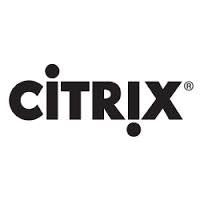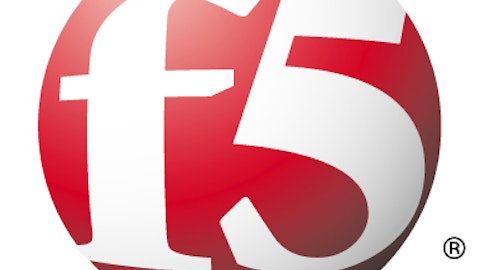It helps to have powerful friends, and very few companies have allies as strong as IT virtualization specialist Citrix Systems (NASDAQ:CTXS). With partners Cisco Systems, Inc. (NASDAQ:CSCO) and Microsoft Corporation (NASDAQ:MSFT) helping to push some of Citrix’s newer solutions, the company looks well-positioned to grow, even as its core desktop virtualization sales are slowing.

Desktop virtualization allows companies to centralize their application software management so that their hardware (PCs) become virtual devices. Installing new applications on a single central computer — and having those changes instantly show up on every employee’s PC — makes managing IT infrastructure a lot easier for big companies.
The big story in computing over the last few years has been the shift from desktop PCs toward mobile devices and cloud-based solutions. This powerful trend has left some tech behemoths, like Microsoft and Intel, struggling to remain current.
Simply put, Microsoft Corporation (NASDAQ:MSFT)’s Windows has very low penetration on mobile devices. Meanwhile, Intel has been too slow to develop chips for the new ultra-mobile world, and the second half of 2013 is going to be an important period in its long-term plans. Within those six months, Intel is releasing a few new chips with which it is trying to establish a foothold in the ultra-mobile market.
All of this forms the basis for discussion of the challenges facing Citrix Systems, Inc. (NASDAQ:CTXS) in 2013. If PCs are no longer the dominant force in computing, and Windows is no longer the default standard operating system, where does this leave Citrix’s core desktop virtualization market?
XenMobile to the rescue
Citrix Systems, Inc. (NASDAQ:CTXS) hasn’t been slow to adjust to the changing reality. In the first quarter, it released its enterprise mobility solution, XenMobile. Unfortunately, it seems to have affected its growth pattern. Indeed, at the time of its first-quarter results, Citrix argued that the XenMobile release caused customers to delay orders as they assessed which type of solution was optimal. A chart of product revenue growth reveals how choppy the company’s growth has been as a consequence.

Source: company accounts
Growth in products and licenses is the key to growth in the other revenue streams.
The second quarter saw an impressive bounce back in overall product and license sales growth. But within that, mobile and desktop only generated a 2% increase. So, even though mobile and desktop revenue actually rose 11%, Citrix’s future growth is not assured.
However, on the conference call, management was keen to stress that: “…regarding mobile and desktop, I believe that the growth will accelerate as we look into Q3 and Q4. And that’s a function largely of productivity starting to flatten out and mobile starting to ramp.”





